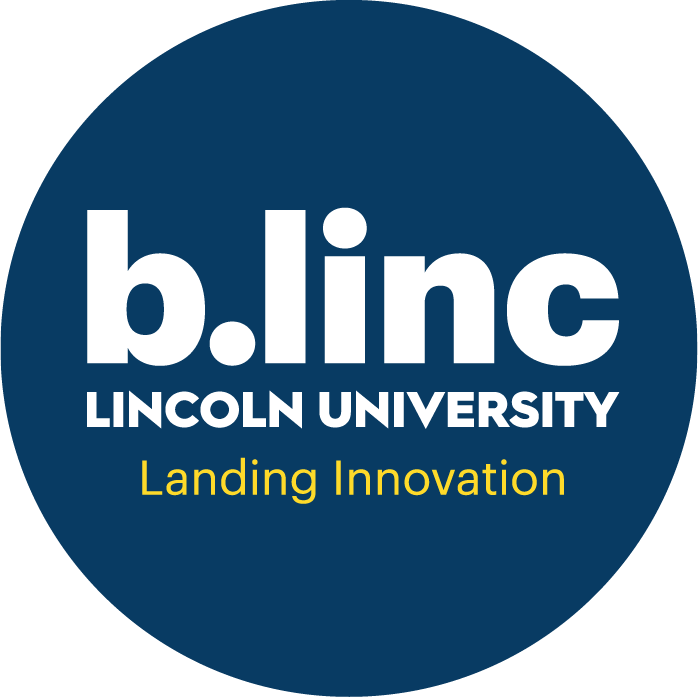Highlights from evokeAG 2019
The inaugural evokeAG, presented by AgriFutures Australia, boasted over 1200 delegates from 21 different countries. Over two days, the programme showcased experts across food, farm and future to challenge the status quo and think about what’s next for agriculture.
Collaborating to innovate faster
Attending the conference at the Royal Exhibition Hall in Melbourne was a great opportunity to connect with fellow delegates across Aotearoa New Zealand and the globe. We learned that although Aotearoa New Zealand is leading Australia in terms of collaboration and investment in start-ups, we still have a lot to learn from countries like the Netherlands and Israel who are innovating faster and work in more collaborative environments. At Blinc, we believe that understanding the needs of farmers and problem-framing are the essential first steps of innovation. After priorities and needs are truly understood, the right parties – across industry, research and knowledge players – can all be brought in to design the solutions and land innovation outcomes.
Have you heard that “data is the new oil?”
A common theme of the 2-day event was “data is the new oil” and it seems that the industry is in an interesting period – data collection is overwhelming farmers and with so many different platforms, many people are unsure just what to do with it. The varying platforms and formats of data are presenting challenges to farmers that want to use it, as well as companies that are trying to put together usable solutions.
So, why is data the new oil? Although there are real challenges, there is an opportunity to hold ownership of data so that when solutions do come out that are able to solve the challenges, you have stored data that will be able to help identify trends, benchmarking, etc. This will improve the ability of your system to make decisions and act – it may also give you the ability to on-sell your data, if a marketplace were to exist. The lesson: don’t delete any data, store it!
The conference also saw thought-provoking presentations about the future from experts such as Prof. Oded Shoseyov from the Hebrew University of Jerusalem, a synthetic biologist who is carefully selecting and optimising genes using DNA synthesis to capitalise on 300 million years of evolution. Applications across industries, including things such as 3D printing of food, are all possible.
Although our innovation ecosystem (and rugby team) may be currently leading Australia, Aotearoa New Zealand still has untapped potential and can continue to improve the way we connect and collaborate. To learn more about Blinc and the work we’re doing in this space, don’t hesitate to reach out. We have cluster groups forming around a number of topics that are a great way to connect with like-minded individuals and speed up the rate of innovation. We believe this is really important across our agrifood sector, which is dominated by SME’s - by collaborating, scale is possible. We have used this to our advantage with our co-operative ownership structures. To collaborate, we have to engage, participate, co-invest and act!

